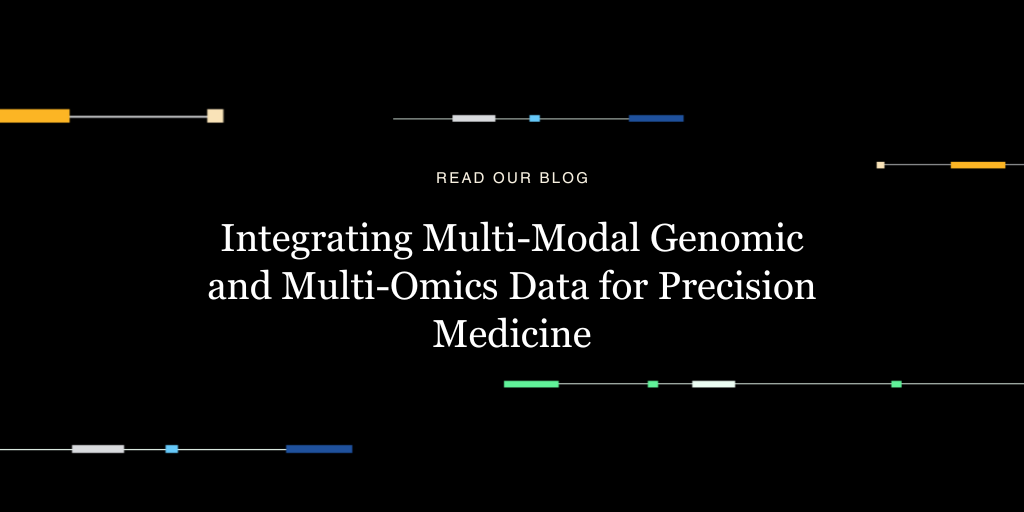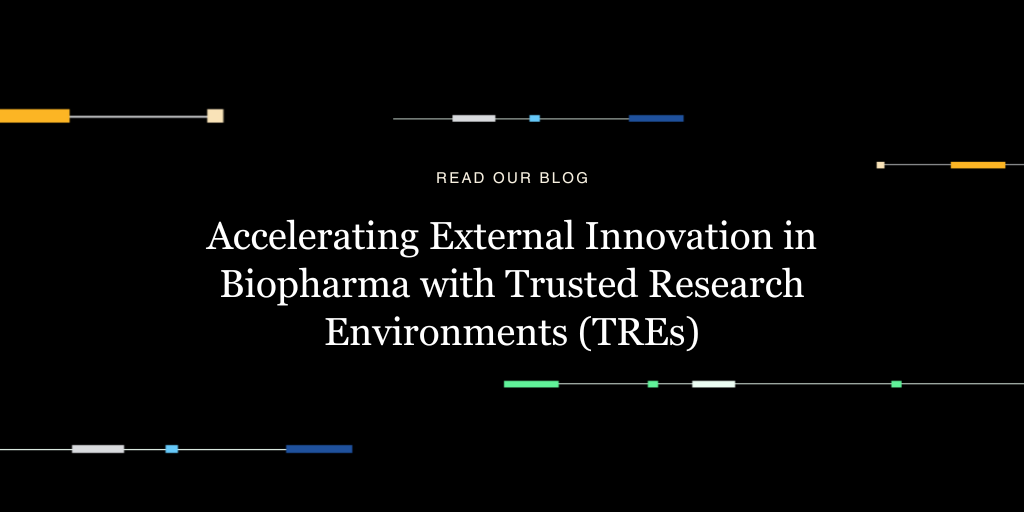I recently got to attend the American Medical Informatics Association’s (AMIA) Joint Summits on Translational Science, held in nearby San Francisco. The event had tracks for both translational bioinformatics as well as clinical research informatics and served as a unique opportunity to hear about the informatics challenges that are being faced in the clinical realm right now.

Here are a few highlights from the talks I found particularly interesting:
Howard Jacob, director of the Human and Molecular Genetics Center at the Medical College of Wisconsin, gave a very charismatic talk on genome sequencing in the clinic. He told attendees the most compelling reason to use genome sequence with patients is that it’s family history with data. Jacob described an ongoing pilot whole-genome sequencing program at the college, noting that for a patient to be considered for the program, two physicians must nominate him or her and show that the sequencing would be actionable and “end a diagnostic odyssey.” Accepted patients must determine at the outset how much information they want to receive when returning results; some choose to know just the minimum, while others want to know about genetic variations for which we don’t yet understand the disease implications. Enrolled patients receive six to 10 hours of genetic counseling as part of the process.
Jacob said that with an 20% patient acceptance rate (16 out of 80) for the pilot program, clinicians are now eager to eliminate the approval process altogether to get their patients sequenced. To my surprise, four of the 10 cases submitted for insurance approval have gone through. Jacob added that as the cost continues to drop, it will be hard for clinicians not to use this approach for patients, especially for rare diseases and for pharmacogenomics decisions. (He noted that one lesson learned already is that clinical sequencing is not ready for common diseases, with the exception of cancer.) Jacob said the challenges in scaling up sequencing operations in the clinic will be: delivering adequate genetic counseling; selecting the most appropriate analytical tools for clinical sequencing; and determining who can order whole genome sequencing tests.
In another talk, Peter Tonalleto, a professor at the Center for Biomedical Informatics at Harvard Medical School, highlighted the medical opportunities associated with a patient’s genomic variation landscape. His research group is working on analysis pipelines for DNA sequencing, RNA-seq, microRNAs, and methylation. Those pipelines, coupled with preclinical and clinical variant annotation, yield application in areas such as risk prediction, tumor classification, and pathway analysis for alternative treatment approaches. He also noted a cost comparison his team did for a breast cancer project, in which standard practice cost about $19K and next-gen sequencing practice cost about $25K. With these costs finally being on par, Tonalleto told the audience that more clinicians at Harvard Medical School are eager to adopt whole genome sequencing for breast cancer patients.
In all, the conference offered valuable insight into how next-gen sequencing is being adopted in the clinic. It was clear from the talks I saw that clinicians are eager to embrace this new technology, despite the number of hurdles — including insurance reimbursement, approval processes, and technology learning curve — standing in the way. While there are a number of challenges to consider, I walked away from this conference feeling optimistic about the uptake of whole-genome sequencing in healthcare already.


